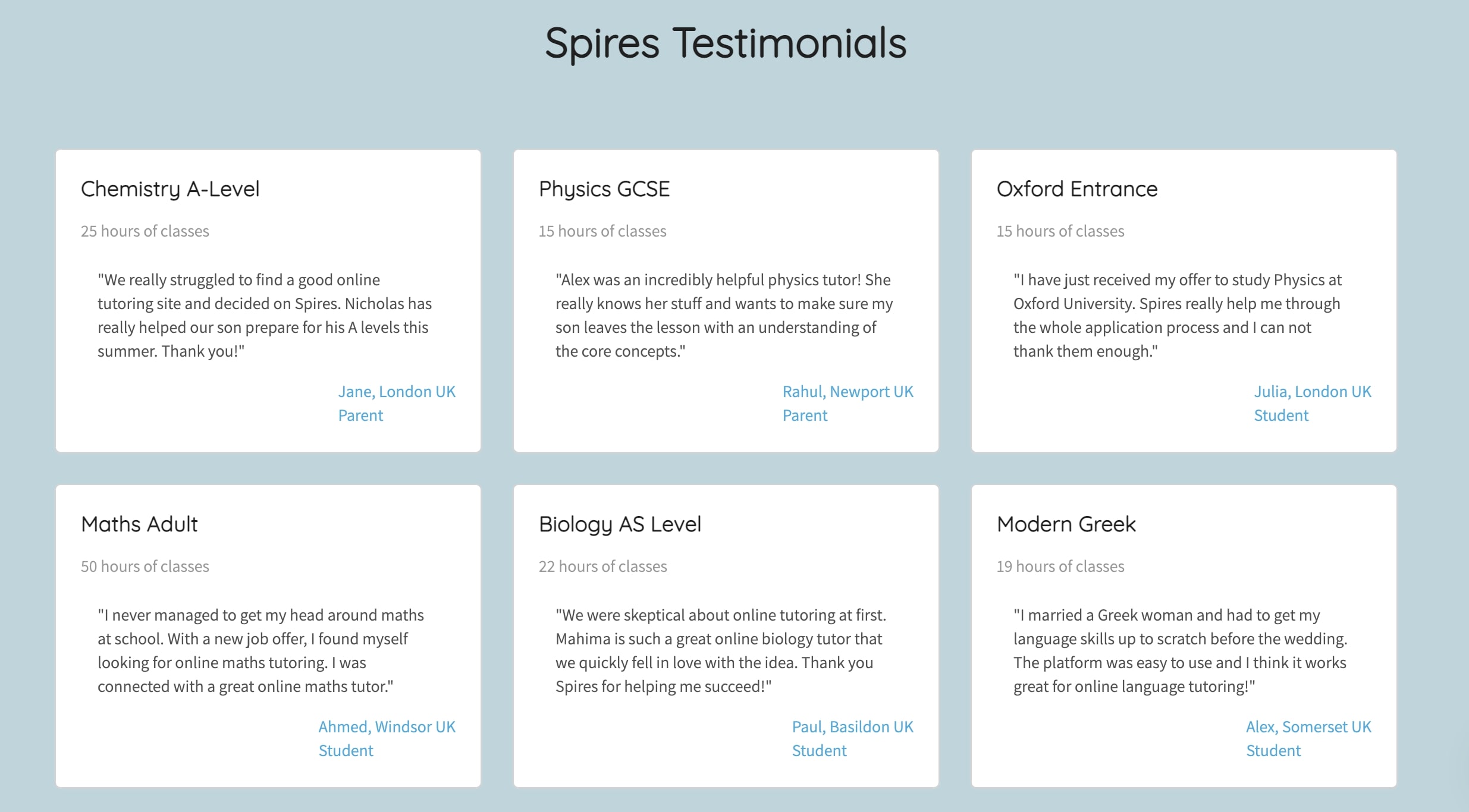What is the No 1 toughest degree in the world?
While subjective, many consider a Bachelor of Science in Engineering, especially in fields like Chemical Engineering or Electrical Engineering, to be among the toughest degrees due to their intensive math and technical requirements.
What is the hardest degree to get into UK?
In the UK, some of the hardest degrees to gain admission to include Medicine, Veterinary Science, and Oxbridge courses in Law and Politics due to high competition and rigorous entry requirements.
Is private tutoring legal in UK?
Private tutoring is perfectly legal in the UK, and many individuals operate as self-employed tutors. However, tutors should ensure they comply with tax regulations and, if working with children, consider obtaining a DBS check.
How do I choose an online tutor?
Selecting an online tutor involves reviewing their qualifications, experience, and student reviews. Platforms like Spires Tutors provide comprehensive profiles to help you make an informed decision. Also, ensure that their teaching style aligns with your learning preferences.
How do I start tutoring with no experience?
Starting to tutor with no experience can be achieved by initially focusing on areas where you are highly knowledgeable and confident. Offering free or discounted sessions to friends or relatives can help build initial experience and testimonials.
What is the easiest subject to tutor?
The easiest subject to tutor often depends on your personal strengths and knowledge. Generally, subjects with straightforward content and fewer prerequisites, like basic math or elementary language skills, are considered easier to tutor.
How much should I pay my tutor?
The amount you should pay a tutor depends on their expertise, the subject complexity, and the market rates. In the UK, typical hourly rates for experienced tutors range from £30 to £60.
What age is best to get a tutor?
The best age to get a tutor can vary depending on the individual needs of the student. Early tutoring, around ages 7 to 10, can be highly beneficial for foundational subjects like reading and math, while older students may need tutoring for specific exams or more advanced topics.
What age should you get a tutor?
There is no specific age that is best for all students to start tutoring; it depends on the child’s individual needs and challenges. However, starting tutoring when a child begins to show difficulties in a subject area or before key exams can be particularly effective.
Is private tutoring worth it?
Private tutoring is often worth the investment, especially if it leads to improved academic performance, higher confidence, and tailored learning approaches that cater specifically to the student's needs and learning style.
How much do private tutors charge?
In the UK, private tutors typically charge between £30 and £60 per hour. Rates may vary based on the tutor's experience, the subject being taught, and the geographical location.
Do I have to declare tutoring income UK?
Yes, in the UK, income from tutoring must be declared to HM Revenue and Customs (HMRC). Tutors operating as self-employed individuals need to register for Self Assessment and file a tax return annually.
Do I need to be Ofsted registered to be a tutor?
It is not mandatory for tutors to be registered with Ofsted unless they are providing childcare for children under the age of eight for more than two hours a day, in which case registration on the Ofsted Childcare Register may be required.
How do I protect myself as a private tutor?
To protect yourself as a private tutor, consider obtaining professional indemnity insurance, conducting sessions in public or well-documented environments, and ensuring all agreements with clients are clearly outlined in writing. Additionally, a current DBS check can enhance your credibility and safety when working with minors.
What age is best to get a tutor?
The optimal age for tutoring can depend on the specific academic needs and milestones of a student. Early intervention can be crucial for foundational skills, but tutoring at any age can be beneficial for addressing specific challenges or preparing for important exams.
What age should you get a tutor?
There is no universal best age for tutoring as it depends on the individual's academic progress and needs. Generally, tutoring is most effective when started at the first sign of academic difficulty to prevent falling behind.
Are private tutors worth it?
Investing in private tutors can be highly beneficial, providing personalised attention, customised learning strategies, and often significant improvements in academic performance, making them a worthwhile option for many students and families.
Should I get a private tutor?
Deciding to get a private tutor should be based on specific academic needs, learning style preferences, and goals. If personalized instruction and flexibility are priorities, then hiring a private tutor can be an excellent educational investment.



